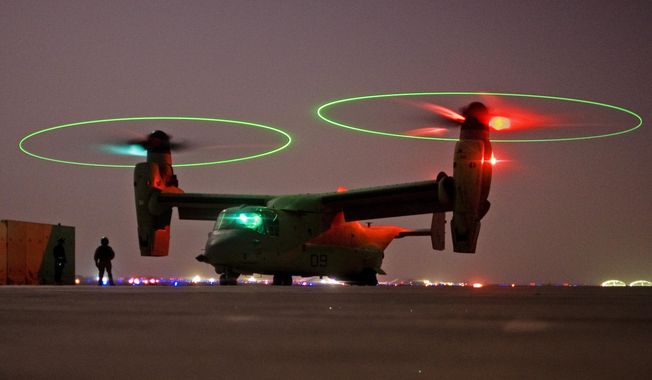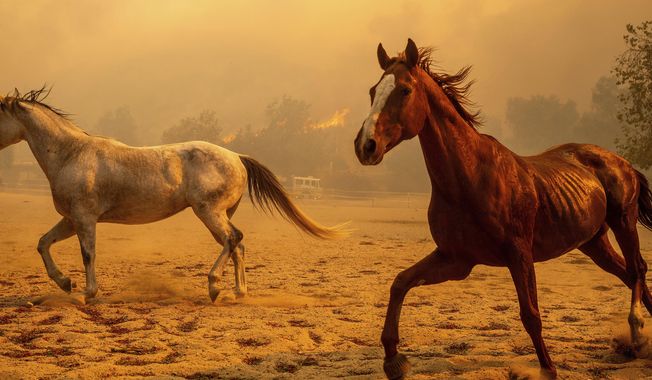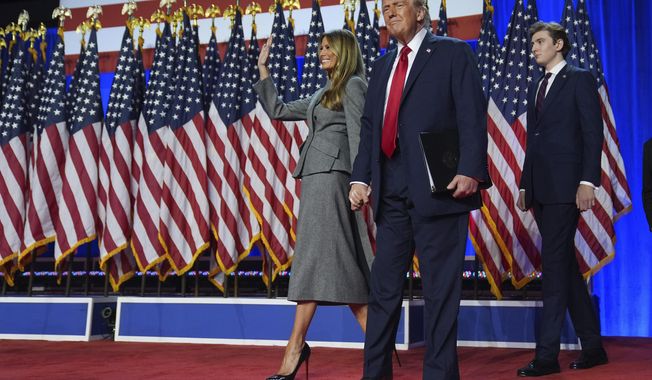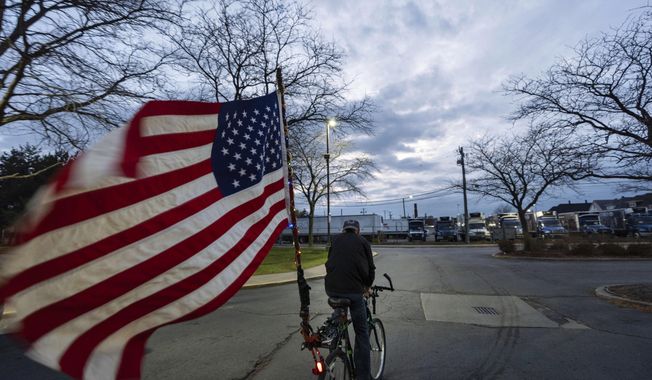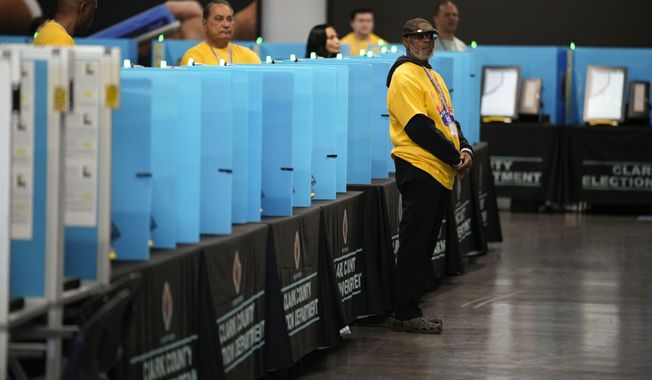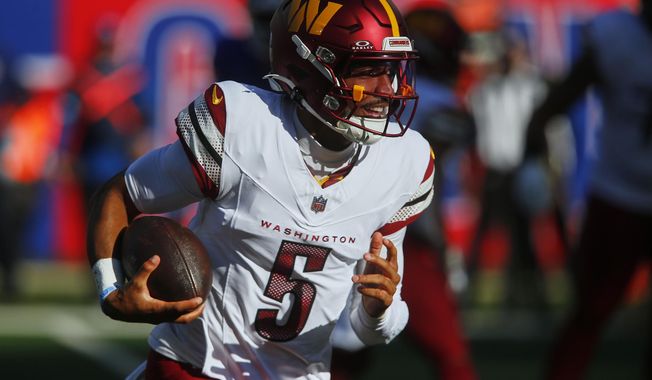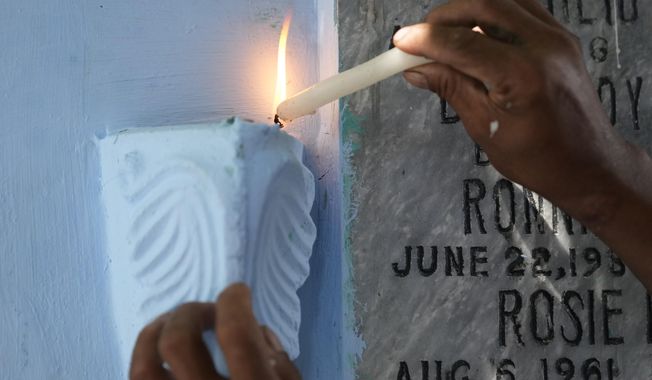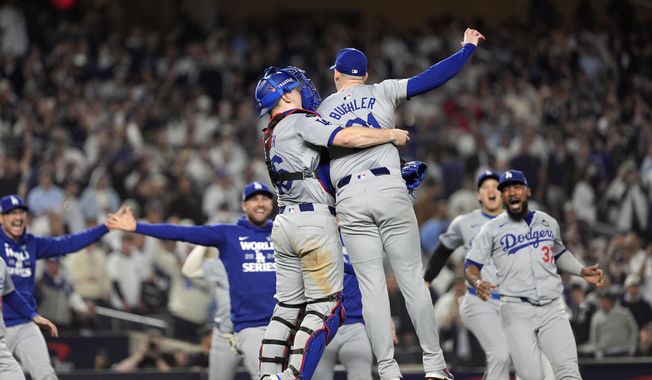
FILE – In this May 27, 2014 file photo, Indian Prime Minister Narendra Modi, left, walks to shake hand with his Pakistani counterpart Nawaz Sharif before the start of their meeting in New Delhi, India. Even with his own officials saying the Sept. 18, 2016 attack on an Indian military base was launched by Pakistan-based militants, Modi is relying on diplomacy more than saber-rattling. In large part, this is because Modi and Indian forces already must defuse the massive and relentless anti-India protests that have swept its portion of Kashmir, triggered by the killing of a young rebel leader in July. In a speech at the U.N. General Assembly on Sept. 21, Sharif strongly criticized India's suppression of protests in Kashmir, calling for an independent inquiry into killings there and a U.N. fact-finding mission to investigate what he called India's "brutalities." (AP Photo /Manish Swarup, File)
Featured Photo Galleries
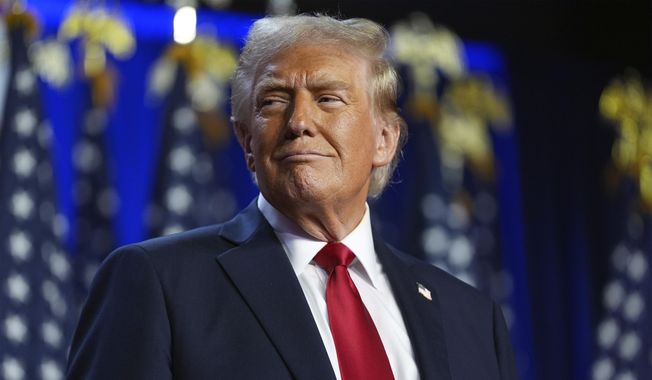
Trump Transition: Here are the people Trump has picked for key positions so far
President-elect Donald Trump has announced a flurry of picks for his incoming administration. Get full coverage of the Trump transition from The Washingon Times.
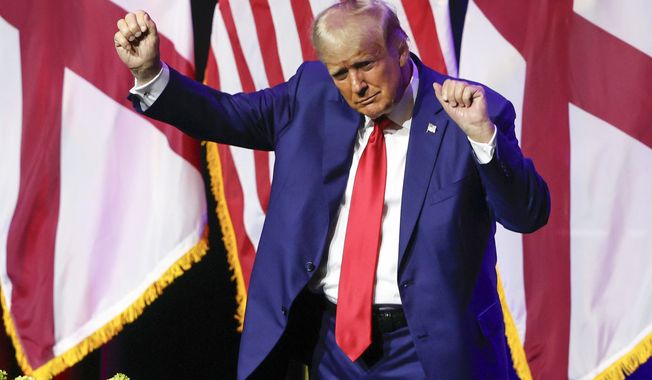
Trump dances onstage, takes post-election nation by storm
President-elect Trump dances onstage
